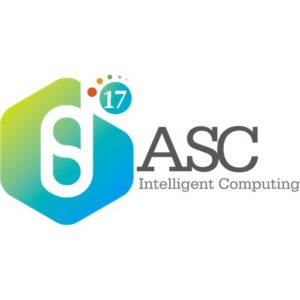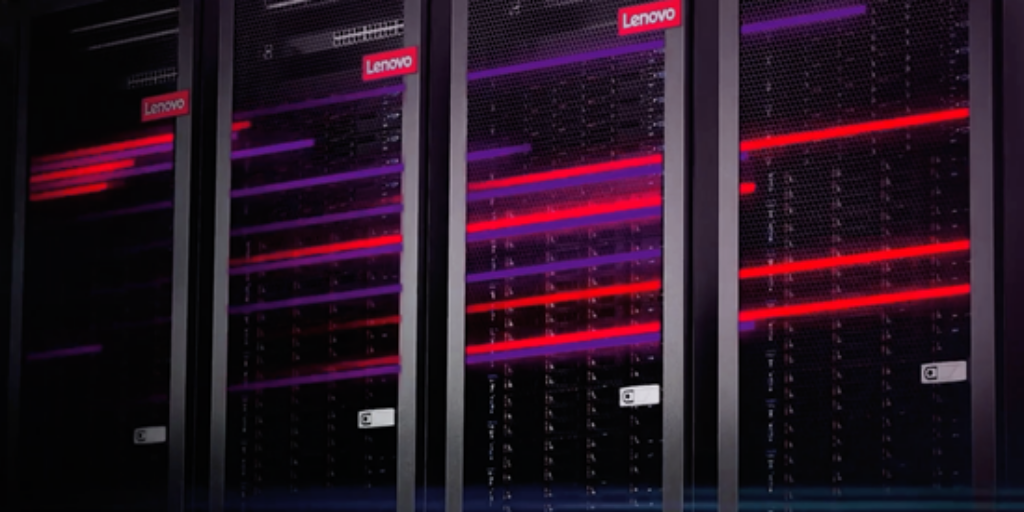 In this podcast, the Radio Free HPC team reviews the results from the ASC17 Student Cluster Competition finals in Wuxi, China. In the end, Tsinghua University won the overall competition, beating 20 teams from around the world.
In this podcast, the Radio Free HPC team reviews the results from the ASC17 Student Cluster Competition finals in Wuxi, China. In the end, Tsinghua University won the overall competition, beating 20 teams from around the world.
“As the world’s largest supercomputing competition, ASC17 received applications from 230 universities around the world, 20 of which got through to the final round held this week at the National Supercomputing Center in Wuxi after the qualifying rounds. During the final round, the university student teams were required to independently design a supercomputing system under the precondition of a limited 3000W power consumption. They also had to operate and optimize standard international benchmark tests and a variety of cutting-edge scientific and engineering applications including AI-based transport prediction, genetic assembly, and material science. Moreover, they were required to complete high-resolution maritime simulation on the world’s fastest supercomputer, Sunway TaihuLight.
At ASC17, student teams ran a full suite of applications (not just LINPACK and HPCG).
Competition Codes included:
- Falcon genomics toolkit
- LAMMPS Molecular Dynamics Simulator
- MASNUN wave model
- PaddlePaddle parallel distributed Deep Learning
The grand champion, team Tsinghua University, completed deep parallel optimization of the high-resolution maritime data simulation mode MASNUM on TaihuLight, expanding the original program up to 10,000 cores and speeding up the program by 392 times. This helped the Tsinghua University team win the e Prize award. MASNUM was nominated in 2016 for the Gordon Bell Prize, the top international prize in the supercomputing applications field.
It is great to see the presence of global teams in this event,” Jack Dongarra, the Chairman of the ASC Expert Committee, founder of the TOP500 list that ranks the 500 most powerful supercomputer systems in the world, and professor at the Oak Ridge National Laboratory of the United States and the University of Tennessee, said in an interview. “This event inspired students to gain advanced scientific knowledge. TaihuLight is an amazing platform for this event. Just imagine the interconnected computation of everyone’s computer in a gymnasium housing 100,000 persons, and TaihuLight’s capacity is 100 times of such a gym. This is something none of the teams will ever be able to experience again.”
 After that, we do our Catch of the Week:
After that, we do our Catch of the Week:
- Henry points us to the Google Docs security breach. They claim they have fixed the problem, but don’t open those shared docs!
- Shahin likes a new story about AI-enhanced justice in the court systems where they look at setting bail and the risks associated with the defendant.
- Dan was having trouble with slow internet and two-factor authentication, which sounds like a vicious circle.
- Rich notes that Andrew Klein from Backblaze will present at MSST on what they’ve learned about hard drives over the years including failure rates by model, and the ability to predict drive failure before it happens.




